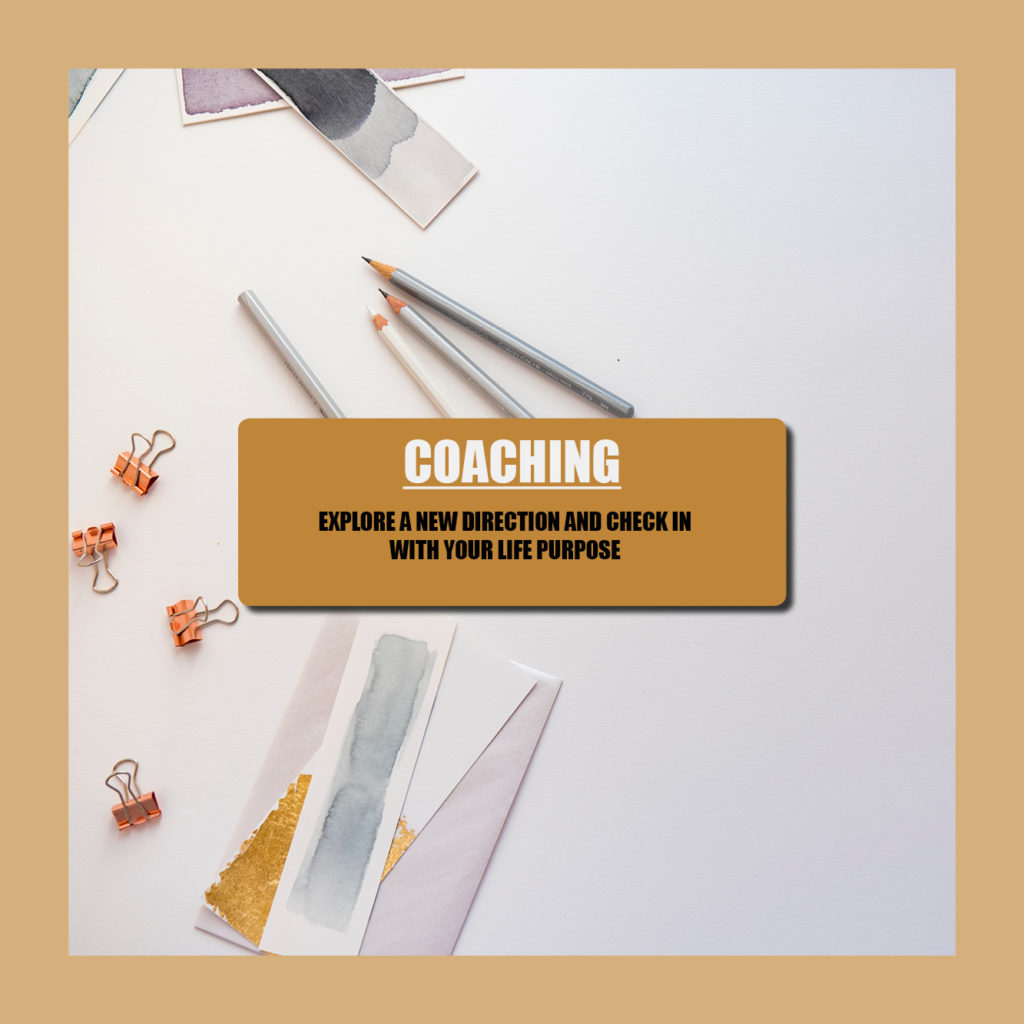
The concept of intensive mothering
Most mothers struggle with juggling the different roles in their life. How to enjoy work while also caring for children? How to deal with public opinions about being a good mother? How to encounter colleagues at work who diminish your level of commitment? Many academic papers are researching the manifold challenges of motherhood. Today, I want to introduce you to the concept of intensive mothering and its effect on the working mothers‘ experiences focusing on the paper by Lamar and Forbes (published April 2020) called „A phenomenological investigation into the role of intensive mothering in working mothers‘ career experiences.“
Intensive mothering - a definition
Personally, I like the approach of reading academic papers to get a good picture of a topic. Most of the time, the literature reviews give you a great overview of what has been written so far and the methodology shows you exactly if the findings of the paper seem valid. As I am reading into the topic of motherhood and career planning, turning to academic papers was therefore a natural approach.
At the same time, the combination of women and career planning is changing rapidly and papers can get outdated very fast or are only limited to certain geographic areas. Hence, I was glad to stumble upon this paper by Lamar and Forbes as it has been published very recently.
So let’s get started! The paper started by explaining the Intensive mothering concept and I was curious to find out more about it.
The intensive mothering concept describes the „right“ way to be a mother in public opinion. The term is coined by Hays (1996) and is described as placing „unrealistic standards on mothers“. This rigid concept describes mothers as the primary (and preferred) caregivers by default. Mothers are seen as the only experts in child development so they are obligated to invest intense amounts of time, energy, and resources to ensure the child’s mentally, emotionally, and physically thriving. The important point here: All those tasks are seen in isolation from her partner. „Mothers must deprioritize their own personal and career pursuits and focus solely on their children mothering tasks, which should be child-centered, expert-guided, emotionally absorbing, labor-intensive, and financially expensive.“
"Mothers must deprioritize their own personal and career pursuits and focus solely on their children mothering tasks, which should be child-centered, expert-guided, emotionally absorbing, labor-intensive, and financially expensive."
Is intensive mothering truly still up-to-date?
When you are reading those lines thinking „I do not see how this is still relevant in our modern age. I am not feeling isolated from my partner, nor do I feel that this concept is playing a role in my workplace“ then you are lucky! I am observing some really modern approaches to handing childcare resulting in more democratic relationships and family-friendly corporate cultures. Reading this concept without context truly seems outdated.
However, I am also observing that society is still thinking about the norm of the concept of intensive mothering.
I am observing that time and energy spend on childcare by the mother is gaining weight in media again. More pressure is put on mothers to continue breastfeeding although this is often not the easiest thing to do in the workplace. Still women are not promoted because they are seen as less committed based on the fact that they are mothers. Women who are role models in juggling work and family matters are buried under a huge pile of mental load and are jumping between the guilt of being a bad mother and overperforming at work to be seen. Still today, mothers are complaining that they are the ones being called first by childcare when the child is sick and not their partner.
The concept of intensive mothering is „believed to be predominant and deeply ingrained ideology from more than 65 years ago“. So yes, it’s a concept from the past. However, it is woven so deeply into our society that it is hard to get rid of. We can actually observe this with the current COVID 19 situation. Many families are falling back into old structures where the mother is juggling childcare and work at the same time while the male partner is the primary breadwinner. I do not want to judge this! In my mind, there is no right or wrong as long as both partners have discussed different scenarios and are feeling good with the decision. The biggest issue is when society as a whole decides on a fall back plan that is putting the concept of intensive mothering on a prime spot again. Mothers are not by default the better caregivers. They have just learned this skill on the way.

While working part-time, taking maternity leave, or working flexible jobs might seem like a creative, practical, and, sometimes, financially advantageous solutions to fulfill the extensive expectations of intensive mothering, However, these seemingly helpful solutions also come with consequences for women's career advancement and men typically do not have to face."
When you can't win - the motherhood penalty
Further research by this paper is truly discouraging. So let’s make it quick:-) The term motherhood penalty is referring to the lower salaries and fewer opportunities for career advancements based on women being viewed as less competent and undedicated to work. „While working part-time, taking maternity leave, or working flexible jobs might seem like a creative, practical, and, sometimes, financially advantageous solutions to fulfill the extensive expectations of intensive mothering, However, these seemingly helpful solutions also come with consequences for women’s career advancement and men typically do not have to face.“
Interestingly, there is a certain double-bind: mothers who take maternity leave are seen as less committed to the job, and mothers who don’t take leave are seen as bad mothers. Either way women can’t win. This argument is repeated throughout several other academic papers I have used for my research. It is also not limited to the job world. Women who breastfeed will encounter negative comments when doing so in public. Women who formula feed will also be criticized in public for doing so.
Feeling as the victim does not help anyone. So what should we do about it?
In my personal opinion, women can get some freedom out of this dead end.
You can’t please everyone! Hence the only person you should please is YOU. There is an outer circle that you can’t influence (or at least not overnight) but there is an internal decision-making process you can follow to come to peace with your decision.
The paper by Lamar and Forbes goes on by interviewing 15 working women. As a result, five themes have emerged that show the complexity of women in the workplace:
- The choice of work
- Motivation to work
- The challenge of childcare
- Role Models for working mothers
- Working mothers are seen as incompetent
By creating the mastermind coaching group for mothers, I am offering a space to discuss those points in a group of like-minded women. We are looking deeper into the concept of intensive motherhood and motherhood penalty and how to cope with it. We help each other with the decision-making process to reach this state of peace of mind that we have made a reflective decision and are able to act without shame, guilt, or doubt.
What you can do!
The paper ends by stressing the importance of counseling for mothers. There is seen a huge benefit in having someone that is listening and mirroring back your thoughts without bias or agenda. Counselors and coaches can also help to shift the social script of motherhood in a B2B context. Continuing putting spotlight on the concept of intensive motherhood, motherhood penalties, and the current effects on the wellbeing of mothers around the globe is a task I am gladly taking on! I am also aiming to give role models more spotlight and proof those concepts wrong. So when you feel like you can contribute something send me a message and get in touch (info@sharethelove.blog). You can also look up the coaching group I was referring to. Most spots are already filled but if you are interested I can add more time slots so let me know!
Thanks for sharing the love and stopping by












